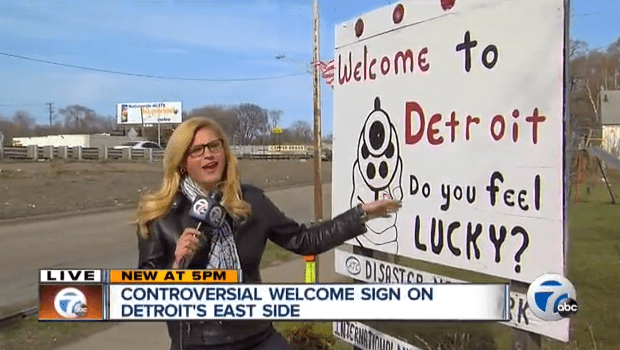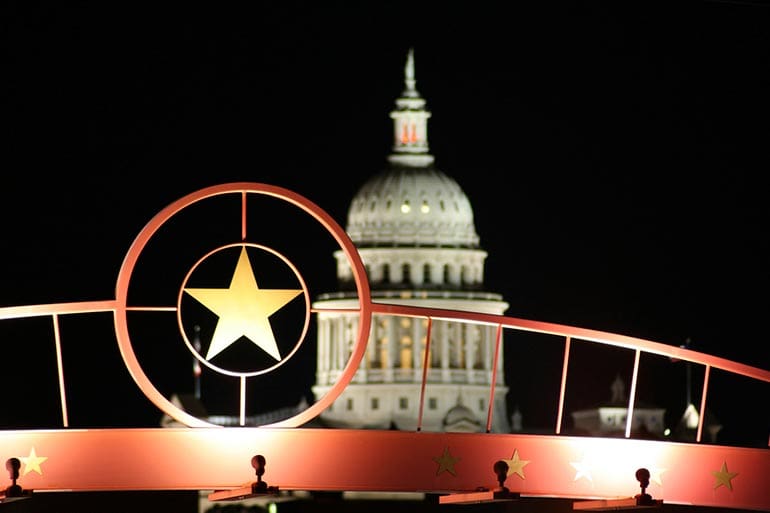
Farago’s article, Ohio Vigilantes “Arrest” Homeless Man, made me wonder about citizen participation in law enforcement, some form of which seems inevitable with the coming contraction of government services. We already have neighborhood watch, of course, and citizens can be deputized in emergencies, but I was wondering if vigilantism might be made official in some areas. It wouldn’t be the first time . . .
During the Iranian protests last summer, the Wall Street Journal had a long article, Inside the Iranian Crackdown, which included a lot of information about the Iranian Basij, members of which rode scooters, harassing Iranian demonstrators in countless s from Teheran:
Iran’s government says the Basij count some five million members. Independent analysts put the number closer to one million, out of an Iranian population of about 75 million.
Those numbers make the group the regime’s largest and most wide-reaching network of security volunteers. Members, both men and women, slip easily between roles, from social worker to community spy.
The Basij don’t wear uniforms. Men typically sport beards, and often wear loose-fitting shirts that fall untucked over their pants. Women members are usually covered in head-to-toe black chadors.
Rank-and-file members don’t draw salaries, though there are perks to the job. They enjoy special consideration when competing for university admission or government jobs.
A Basij chapter operates out of every officially sanctioned institution, private or government owned. Ministries, universities, factories, schools, mosques and hospitals all house Basij units. Joining the Basij can be as easy as signing up. But members are carefully vetted. Indoctrination includes theology and ideology seminars, then military training.
My initial reaction was that it would be frightening to have such a force in this country. Then I ran across information on the American Protective League:

From Bookrags:
The American Protective League was a World War I-era private organization that along with federal police like the Bureau of Investigation worked in support of the anti German Empire movement and against anti-war citizens and organizations. Formed by A.M. Briggs, a wealthy Chicago businessman, at its height of power the APL had 250,000 members in 600 cities. Officially condoned by the Attorney General, the APL support to the Bureau of Investigation, the precursor to the FBI. A private organization with no legal authority, APL members acted as vigilantes, allegedly violating the civil liberties of American citizens. The APL has been accused of having illegally detained citizens associated with progressive, labor, and pacifist movements. In 1918, APL documents showed that 10% of its efforts (the largest of any category) were focused on disrupting the activities of the I.W.W. “Wobblies” radical union movement. The APL burgled, vandalized, and harassed I.W.W. members and their offices. These activities were illegal, yet supported by the Wilson administration and the American establishment. President Wilson, despite some misgivings about their methods, deferred to the judgement of Attorney General Thomas Gregory and chose not to take any action to curtail their activities. The League disbanded in February of 1919.
APL members didn’t let their semi-official status stop them from policing the populace:
The APL checked up on people who failed to buy Liberty Bonds. It spotted violators of food and gasoline regulations, rounded up draft evaders in New York, disrupted Socialist meetings in Cleveland, broke strikes, threatened union men with immediate induction into the army. The attorney general of the United States reported to Congress, “It is safe to say never in history has this country been so thoroughly policed.” (emphasis added) Nor, he might have added, the training of the young so well regulated.
From The New Everyman:
The actual practices of APL investigations varied depending on the rank and position members held within the League. As a whole the League’s actual practices included investigations into enemy aliens, draft dodgers, food hoarding, disloyal utterances, unions and their leaders, strikes and “radicals.” The APL’s investigations into food buying and the “unpatriotic activity” of food hoarding by foreign citizens were a source in which to keep all divisions nationwide busy. Neighbors were encouraged to spy on neighbors; families were pushed to spy on other members all because of the shortage of certain foods. Flour, sugar, beans, potatoes, etc, were scarce; all food was rationed in order to feed soldiers and other allied countries. Many investigations and reports went directly to the U.S. Food Administration; information included, the name of the person under investigation, their address, description of their house, phone number, job, personality, report of the questioned ” unpatriotic activity”, the source, and anything else considered important.



